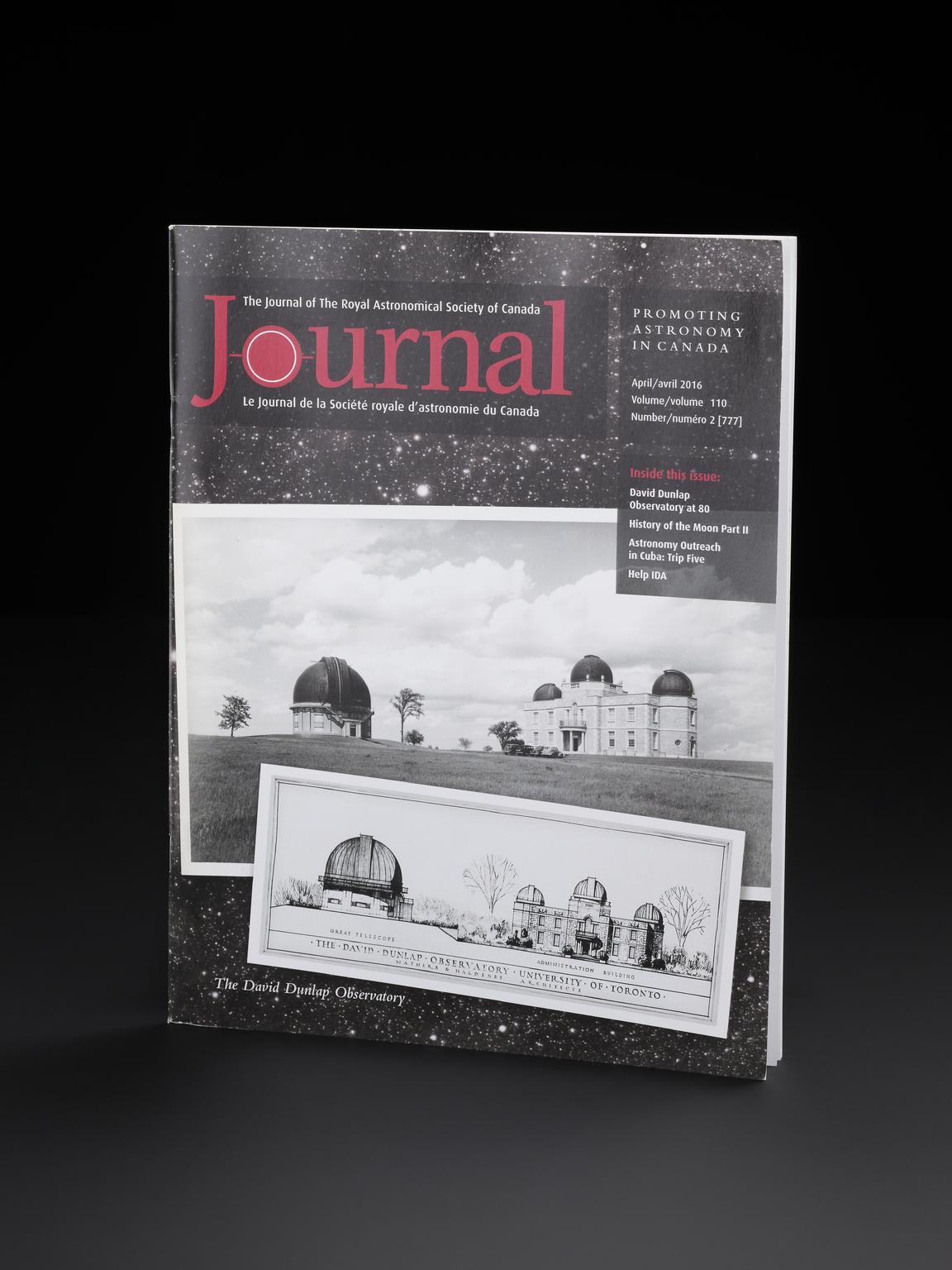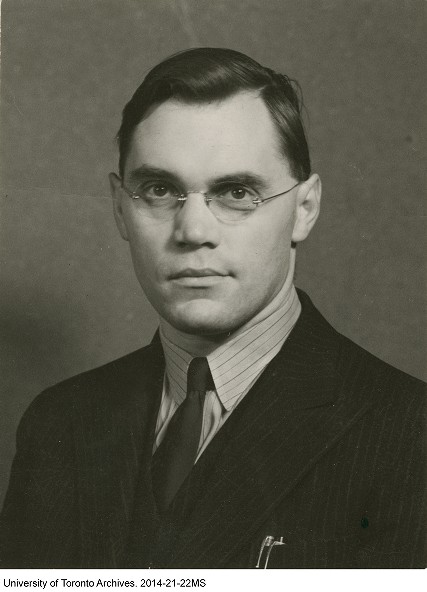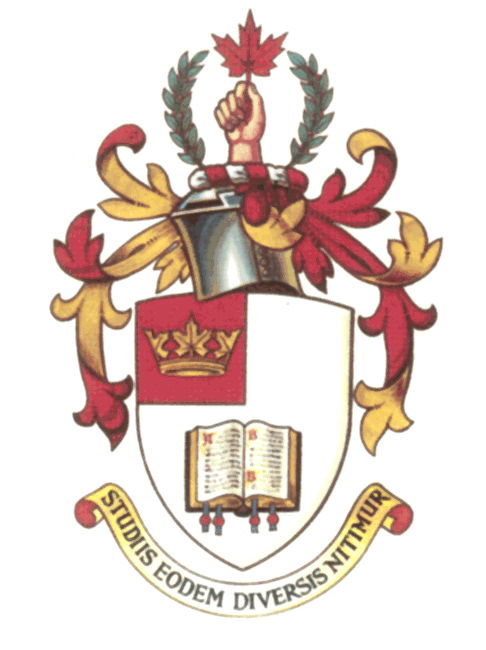Browse "Institutions and Organizations"
-
Article
Regional Development Planning
Regional Development Planning is undertaken by governments with the aim of improving the well-being of people in areas where there is concern about present and future living conditions.
"https://development.thecanadianencyclopedia.ca/images/tce_placeholder.jpg?v=e9dca980c9bdb3aa11e832e7ea94f5d9" // resources/views/front/categories/view.blade.php
https://development.thecanadianencyclopedia.ca/images/tce_placeholder.jpg?v=e9dca980c9bdb3aa11e832e7ea94f5d9
-
Article
Royal Astronomical Society of Canada
The Royal Astronomical Society of Canada (RASC) is a non-profit, charitable organization. Founded in 1868, the RASC aims to enhance knowledge of astronomy and promote astronomical research. In 2020, the RASC reported 5,000 members, including amateur and professional astronomers.
"https://d2ttikhf7xbzbs.cloudfront.net/RASC/journalroyalastronomicalsocietyofcanada.jpg" // resources/views/front/categories/view.blade.php
https://d2ttikhf7xbzbs.cloudfront.net/RASC/journalroyalastronomicalsocietyofcanada.jpg
-
Article
Royal Canadian Institute
The Royal Canadian Institute is now the oldest surviving scientific society in Canada. It was founded in 1849 by a small group of civil engineers, architects and surveyors led by Sir Sandford FLEMING.
"https://development.thecanadianencyclopedia.ca/images/tce_placeholder.jpg?v=e9dca980c9bdb3aa11e832e7ea94f5d9" // resources/views/front/categories/view.blade.php
https://development.thecanadianencyclopedia.ca/images/tce_placeholder.jpg?v=e9dca980c9bdb3aa11e832e7ea94f5d9
-
Article
Royal Commission on Energy
The Royal Commission on Energy (Borden Commission) was established (1957) by the government of John DIEFENBAKER under chairman Henry BORDEN, the president of Brazilian Traction, Light and Power Co, Ltd, to investigate "a number of questions relating to sources of energy.
"https://development.thecanadianencyclopedia.ca/images/tce_placeholder.jpg?v=e9dca980c9bdb3aa11e832e7ea94f5d9" // resources/views/front/categories/view.blade.php
https://development.thecanadianencyclopedia.ca/images/tce_placeholder.jpg?v=e9dca980c9bdb3aa11e832e7ea94f5d9
-
Article
Royal Commission on Patents, Copyright and Industrial Designs
The Royal Commission on Patents, Copyright and Industrial Designs sat between 1954 and 1960.
"https://development.thecanadianencyclopedia.ca/images/tce_placeholder.jpg?v=e9dca980c9bdb3aa11e832e7ea94f5d9" // resources/views/front/categories/view.blade.php
https://development.thecanadianencyclopedia.ca/images/tce_placeholder.jpg?v=e9dca980c9bdb3aa11e832e7ea94f5d9
-
Article
Royal Commission on Transportation
The Royal Commission on Transportation (MacPherson Commission) was appointed by the federal government (1959) to investigate transportation policy, particularly freight-rate inequities.
"https://development.thecanadianencyclopedia.ca/images/tce_placeholder.jpg?v=e9dca980c9bdb3aa11e832e7ea94f5d9" // resources/views/front/categories/view.blade.php
https://development.thecanadianencyclopedia.ca/images/tce_placeholder.jpg?v=e9dca980c9bdb3aa11e832e7ea94f5d9
-
Article
Royal Society of Canada
The Royal Society of Canada is the oldest bilingual organization of Canadian scholars, artists and scientists in the fields of humanities, social sciences and sciences. Created in 1883, the Royal Society of Canada included more than 2,000 members in 2017, approximately 20 per cent of whom had French as their mother tongue. Members are elected for their remarkable contributions in the arts, the humanities and the sciences, as well as in Canadian public life. The Society’s headquarters are located in Ottawa, Ontario.
"https://d2ttikhf7xbzbs.cloudfront.net/media/media/a7fc8685-320f-482f-883c-cfcdb8d8c741.GIF" // resources/views/front/categories/view.blade.php
https://d2ttikhf7xbzbs.cloudfront.net/media/media/a7fc8685-320f-482f-883c-cfcdb8d8c741.GIF -
Article
Saskatchewan Research Council
After an unsuccessful attempt to form a research council in 1930, the Saskatchewan government established the Saskatchewan Research Council in 1947.
"https://development.thecanadianencyclopedia.ca/images/tce_placeholder.jpg?v=e9dca980c9bdb3aa11e832e7ea94f5d9" // resources/views/front/categories/view.blade.php
https://development.thecanadianencyclopedia.ca/images/tce_placeholder.jpg?v=e9dca980c9bdb3aa11e832e7ea94f5d9
-
Article
Science and Society
Most Canadians are unaware of the profound effect science has on their daily lives.
"https://development.thecanadianencyclopedia.ca/images/tce_placeholder.jpg?v=e9dca980c9bdb3aa11e832e7ea94f5d9" // resources/views/front/categories/view.blade.php
https://development.thecanadianencyclopedia.ca/images/tce_placeholder.jpg?v=e9dca980c9bdb3aa11e832e7ea94f5d9
-
Article
Science Centres in Canada
Canada is home to more than 40 science centres, planetariums, children's museums and related institutions that have been established to advance scientific literacy by making science learning fun and accessible.
"https://d2ttikhf7xbzbs.cloudfront.net/media/media/4407655a-832b-4a6c-a328-3e6f5d28fec0.jpg" // resources/views/front/categories/view.blade.php
https://d2ttikhf7xbzbs.cloudfront.net/media/media/4407655a-832b-4a6c-a328-3e6f5d28fec0.jpg
-
Article
Science Council of Canada
Science Council of Canada, organization created by federal statute in 1966 to advise the government on science and technologypolicy. The original membership was 25 appointed scientists and senior federal civil servants, later altered to 30 appointed eminent experts from the natural and social sciences, business and finance, and no civil servants.
"https://d2ttikhf7xbzbs.cloudfront.net/omondsolandt/omondsolandt.jpg" // resources/views/front/categories/view.blade.php
https://d2ttikhf7xbzbs.cloudfront.net/omondsolandt/omondsolandt.jpg
-
Article
Science Policy
Science PolicyScience policy is a term which came into use in the 1960s to denote the co-ordinated measures that should be taken by governments to promote the development of scientific and technological research and, especially, to guide the exploitation of research results to further national economic growth and welfare. State patronage of SCIENCE and TECHNOLOGY was not new; indeed it has a long history. What was new was the growing sense, among the public and...
"https://development.thecanadianencyclopedia.ca/images/tce_placeholder.jpg?v=e9dca980c9bdb3aa11e832e7ea94f5d9" // resources/views/front/categories/view.blade.php
https://development.thecanadianencyclopedia.ca/images/tce_placeholder.jpg?v=e9dca980c9bdb3aa11e832e7ea94f5d9
-
Article
Canadian Science and Engineering Hall of Fame
The Canadian Science and Engineering Hall of Fame was a permanent exhibition at the Canada Science and Technology Museum. Founded in 1991, the Hall of Fame honoured individuals whose scientific or technological achievements have had long-term implications for Canadians. Canadian scientists and innovators inducted in the Hall of Fame, include Maude Abbott, Wilder Penfield, Sir Sandford Fleming, Hugh Le Caine and Elsie MacGill. The Hall of Fame was retired in 2017.
"https://development.thecanadianencyclopedia.ca/images/tce_placeholder.jpg?v=e9dca980c9bdb3aa11e832e7ea94f5d9" // resources/views/front/categories/view.blade.php
https://development.thecanadianencyclopedia.ca/images/tce_placeholder.jpg?v=e9dca980c9bdb3aa11e832e7ea94f5d9
-
Article
Montréal Insectarium
Opened on 7 February 1990, the Montréal Insectarium is part of the “Space for Life” network, which includes Montréal’s Biodome, Planetarium and Botanical Garden.
"https://d2ttikhf7xbzbs.cloudfront.net/media/media/34dcd770-a882-419d-91b2-c4ca29f2fbdd.jpg" // resources/views/front/categories/view.blade.php
https://d2ttikhf7xbzbs.cloudfront.net/media/media/34dcd770-a882-419d-91b2-c4ca29f2fbdd.jpg
-
Article
Transportation Association of Canada
The Transportation Association of Canada (TAC) is a non-profit association that provides a neutral forum for discussing technical issues related to road and highway infrastructure and urban transportation. It brings together governments, private companies, academic institutions and other organizations in Canada. The non-partisan association’s mission is “to work together to share ideas, build knowledge, promote best practices, foster leadership, and encourage bold transportation solutions.”
"https://d2ttikhf7xbzbs.cloudfront.net/media/new_article_images/TransportationAssociationofCanada/Ucal-Henri Dandurand.jpg" // resources/views/front/categories/view.blade.php
https://d2ttikhf7xbzbs.cloudfront.net/media/new_article_images/TransportationAssociationofCanada/Ucal-Henri Dandurand.jpg

